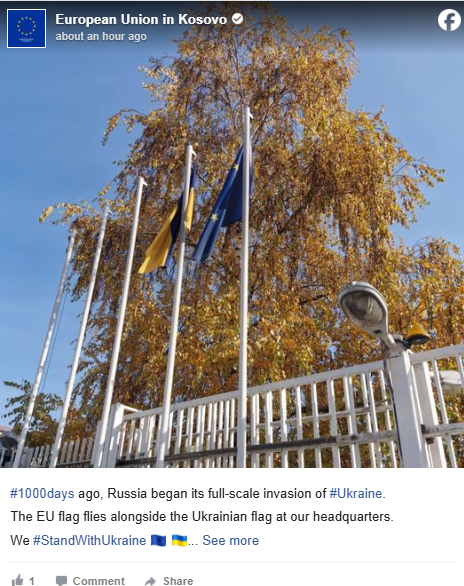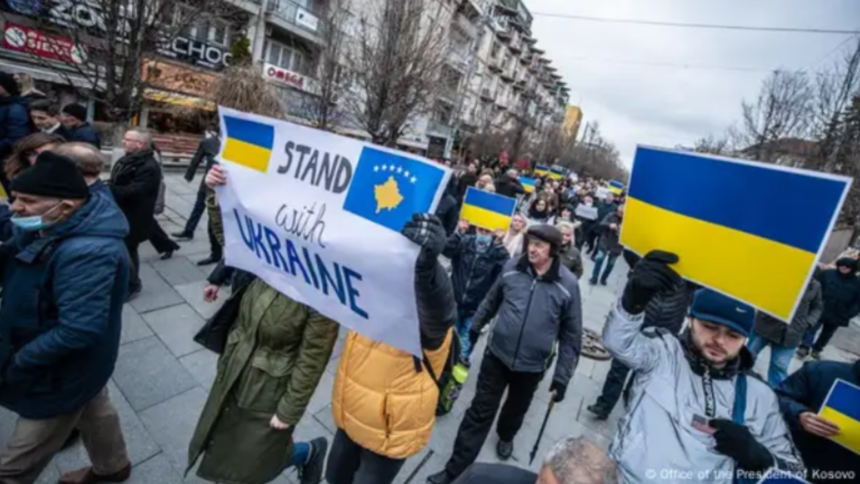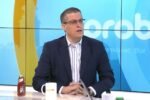As Russia’s brutal war on Ukraine reaches its 1000th day, the country continues to escalate its attacks. Thousands have lost their lives, and many more have been injured as Russia’s missiles and drones target Ukraine’s vital infrastructure. Despite the devastation, Russia’s President Vladimir Putin remains relentless, ignoring calls for ceasefires or peaceful negotiations.
When Russia invaded Ukraine in February 2022, their goal was clear: to overthrow the Ukrainian government and reassert Russian control over the country. However, Ukraine’s steadfast resistance, with both men and women courageously defending their land, has turned the tide, and the war continues with no end in sight.
Amid these ongoing hostilities, Kosovo has taken a strong stance by aligning with the international community in condemning Russia’s actions. Kosovo imposed sanctions on Russia in February 2022, just a day after the invasion, following the United States and European Union’s lead. Kosovo’s Prime Minister, Albin Kurti, condemned the Russian invasion, stating that it was not just an attack on Ukraine’s sovereignty, but also an assault on democracy and freedom.
Kosovo’s position was clear: the aggression against Ukraine must be stopped, and those responsible should be held accountable. As a small, democratic nation, Kosovo stands firmly with the values of freedom and democracy that were won after the fall of the Soviet Union. The government of Kosovo issued a statement strongly condemning Russia’s actions, declaring that they would not stand idly by as Russia violates the territorial integrity of Ukraine and undermines the international security architecture established after World War II.
However, Serbia’s response has been starkly different. While Kosovo imposed sanctions, Serbia has refused to do so, maintaining close ties with Russia. Serbian President Aleksandar Vučić has continued to engage with Russian President Vladimir Putin, and Serbia has been one of the few countries that has not condemned Russia’s actions in Ukraine. Despite repeated calls from the European Union for Serbia to align itself with EU sanctions against Russia, Vučić has remained steadfast in his refusal, prioritizing Serbia’s relationship with Russia over its European aspirations.
In a recent Instagram post, Vučić confirmed that he had not spoken to Putin for nearly two and a half years but had a “long, open, and meaningful conversation” with him in October 2023. During this conversation, Vučić reiterated that Serbia would not impose sanctions on Russia. He also emphasized that Russia remains Serbia’s most significant ally in opposing Kosovo’s independence, which Serbia refuses to recognize.
As Kosovo continues to stand firm in support of Ukraine, Serbia’s continued loyalty to Russia undermines its European aspirations. While Kosovo aligns itself with the democratic world, Serbia is holding back its potential for European integration. The EU must address this contradiction and push Serbia to choose between its ties with Russia and its European future.








